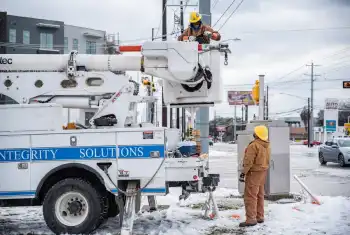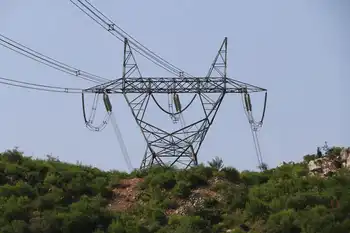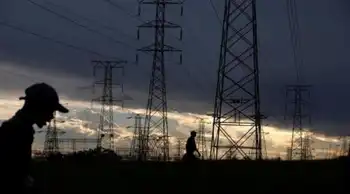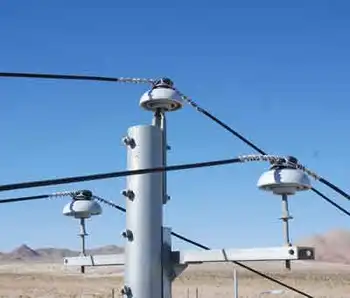European insurance law changes threaten nuclear build
UNITED KINGDOM - The nuclear industry is in talks with the government to thrash out a solution to insurance problems that threaten to undermine plans to build at least eight new power stations by 2023.
The legal arm of the Nuclear Industry Association (NIA) is working with the Department for Business, Enterprise & Regulatory Reform to deal with changes to the law due next year that will increase nuclear power operators’ liability from about £140m to £500m.
A European protocol means the UK government must also extend the range of claims to such events as the effect on property prices of a nuclear accident.
Lawyers have warned that insurers are not prepared to underwrite the risk, and EU laws that stop governments giving financial aid to industries restrict the role the state can play.
David Gollancz, partner at law firm Field Fisher Waterhouse, is part of the NIA’s legal group. He said: “The current thinking is maybe the government can set up a quasi-insurance scheme to see new build get started.”
The insurance problems have coincided with the collapse of the sale of British Energy to French electricity firm EDF this week. The sale was seen as crucial to the governmentÂ’s plans as British Energy controls the likely sites of the new reactors.
Bill Harris, head of nuclear work at Turner & Townsend, called on the government to restore confidence after the collapse of the deal.
He said: “It needs to reassure the industry that it is still committed to the nuclear renaissance programme.”
Related News
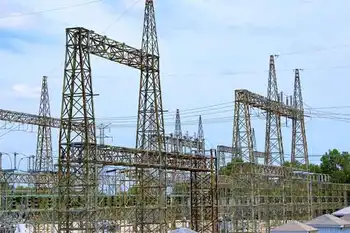
Alberta Introduces New Electricity Rules
EDMONTON - The Alberta government is overhauling its electricity regulations, a move aimed at reducing spikes in electricity prices for consumers and businesses. The new rules, set to be introduced this spring, are intended to stabilize the default electricity rate paid by many Albertans.
Background on the Rate of Last Resort
Albertans currently have the option to sign up for competitive contracts with electricity providers. These contracts can sometimes offer lower rates than the default electricity rate, officially known as the Regulated Rate Option (RRO). However, these competitive rates can fluctuate significantly. Currently, those unable to secure these…

